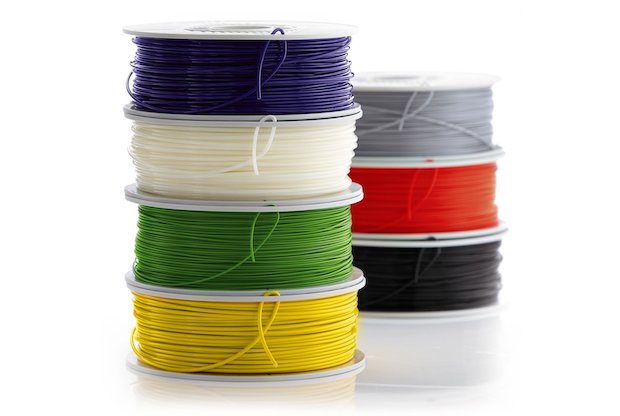
These days, the technology of 3D printing has taken the world over by a storm. Every other company is using this incredible technique to intensify their products and services. However, the thing
which matters and carries the utmost significance here is the 3D printing materials. This piece of writing throws light on its various type and functions. Read on to know more.
Plastic 3D Printing Materials
Nylon PA 12 (Plastic): This 3D printing material is suitably applied in the 3D printing business, as it enables to make some agile prototyping as well as polished customer goods.
Prototyping including Nylon PA12 (plastic) remains a great solution as this 3D printing material is contemptible and durable than additional methods.
You simply have to adjust your idea with your 3D software and create new redundancies. It is one of the natural 3D printing materials utilized for many applications, it has remarkably good state
standards.
Grey Nylon PA11/12 (Grey Plastic): Grey PA11/12 (grey plastic) is excellent for both skilled experts and amateur authors because of its immense accuracy and low price.
Unfinished, the 3D printing material is white, granular, and moderately permeable - these alternatives can be moreover polished with other polishing methods. It is further desirable to polish and
coat your objects at home utilizing material-specific procedures.
PEBA 2301 (Flexible Plastic): The element is stretchy and rubbery as well as unyielding. PEBA 2301 is excellent for working plastic substitute components for both models and
complete products. The cover of PEBA 2301 is comparable to rubber and can withstand fatigue.
Flexible Plastic: The material blends high flexibility and abrasion protection however doesn't possess the solidity concerning the additional nylon-based plastics. The
professional title of Flexible Plastic is TPU-65A, which indicates that its versatility is determined by a shore hardness of 65A.
Flexible Plastic is excellent for both skilled experts and beginning artists because of its flexibility, its good accuracy, and low price. The raw stuff looks grainy, off-white, and porous. It
possesses a rubber-like appearance, but somewhat silkier.

3D printing material regarding which you need to know
Alumide: Something composed in alumide is created from a mix of polyamide particles plus fine aluminum scraps. The raw stuff advances for a matte exterior which is slightly
porous and polished. Alumide remains no more or less stable than polyamide. In particular, their physical characteristics are very comparable. This makes prominent freedom in your designs
feasible - conceding for both compact and inclosed volumes.
Nylon 3200 Glass-filled (Glass-Filled Nylon): Objects composed in Nylon 3200 Glass-filled (glass-filled nylon) are formed from a blend of polyamide particles and glass particles.
The outside of the element is white also it is slightly pervious. Nylon 3200 Glass-filled (glass-filled polyamide) is further long-lasting and repellent than Polyamide 12.
It provides you with a great choice in your objects - providing for both mixed and inclosed volumes. The stuff is excellent for mechanical parts that require protection and weights. The cover of Nylon 3200 Glass-filled (glass-filled nylon) is not as sharp as polyamide 12 although it will match the specifications of technical parts.